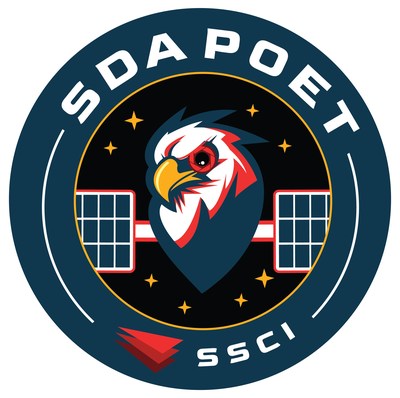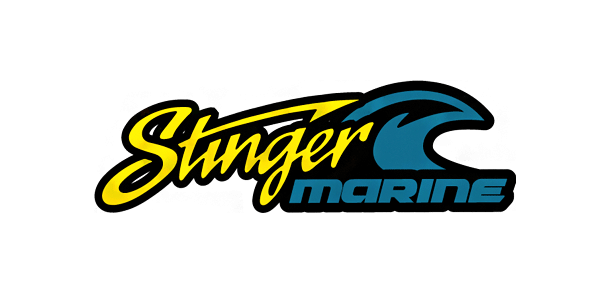Scientific Systems Company, Inc (SSCI) Conducts First Publicized Demonstrations of Dockerized Space Mission Software on Orbiting Satellite

Scientific Systems Company, Inc. (SSCI), an industry leader and pioneer in autonomous systems, has conducted demonstrations of packing, deploying, and running on-orbit software applications in Docker containers. The demo was executed for the Space Development Agency (SDA) using SSCI’s Prototype On-Orbit Experimental Testbed (POET) on the Loft Orbital YAM-3 spacecraft. Docker, widely utilized today in commercial ground-based cloud computing, is an open platform used to rapidly package and run apps in stand-alone “containers”. Pushing this capability on-orbit provides a major toolchain improvement for the deployment of space-based edge-processing apps, which are central to SSCI’s AI-enabled mission management software. This is the first publicized instance of Docker containers deployed to and running on an orbiting satellite.

SSCI demos the first publicized instance of Docker containers deployed to and running on an orbiting satellite.
Upgrading to this capability required the SSCI team to upload Docker runtimes and a new Operating System (OS) version to the on-orbit spacecraft. The single-host, lightweight Docker runtimes & OS, in addition to multiple containers, were executed on the POET COTS Innoflight CFC-400 processor and exercised various containerized apps. One of these “Dockerized” apps included track fusion software for multi-domain situational awareness using the Multi-Source Correlator Track (MSCT), a product developed by Raytheon Solipsys, a wholly owned subsidiary of Raytheon Technologies. MSCT is currently fielded as a component in multiple international and domestic command and control solutions.
Transition to a Docker environment on-orbit is an enabling step in performing demonstrations of on-orbit 3rd-party fusion software apps in the National Defense Space Architecture (NDSA). For POET, the use of Docker for hosting applications on-orbit dramatically reduced the Non-Recurring Engineering (NRE) required to integrate multi-party software, by minimizing interface updates and dependency additions required to run the new flight software apps. Use of containerization for on-orbit software provides: 1) an easier way to instantiate autonomy microservices & use modern open APIs; 2) consistent compute resource bounding of applications; 3) compute platform and OS independence for rapid software migration between deployment environments; and 4) increased system and application cybersecurity. This on-orbit upgrade also de-risks future containerization infrastructure deployments and sophisticated DevSecOps processes from DoD & others.
In the future, SSCI will continue to upload & execute new software apps onboard the on-orbit hosted CFC-400 processor as Dockerized services, and will also expand the container update & management infrastructure. As part of ongoing demonstrations, the SSCI team continues to test various settings & gain lessons learned for optimizing application runtime & resource consumption, and optimizing Docker interactions with the onboard environment.
The POET demonstration is being conducted on Loft Orbital’s YAM-3 spacecraft, launched in June of 2021. SSCI’s mission management software, Collaborative Mission Autonomy (CMA) is loaded onboard an Innoflight CFC-400 processor. CMA is capable of fully automating the chain of tasking, collection (on YAM-3 using an electro-optic imager), processing, exploitation, and dissemination. The software is designed to run at scale onboard proliferated systems and has the capability of orchestrating the actions of large numbers of multidomain unmanned platforms. CMA is an open and modular environment that allows a variety of apps to be loaded and run to enable required mission capabilities. In addition to Loft Orbital and Innoflight, subcontractors Orbit Logic and Leaf Labs were critical to the Docker demonstration.
About Scientific Systems Company, Inc.
Founded in 1990 and based in Woburn, MA, Scientific Systems Company Inc. (SSCI) invents disruptive technologies, develops revolutionary solutions, and builds trusted products for our customers’ most challenging missions. SSCI focuses on the creation of AI/ML enabled capabilities to command, control, communicate with, and manage composable collections of intelligent agents, smart sensors, and autonomous platforms across all domains.




